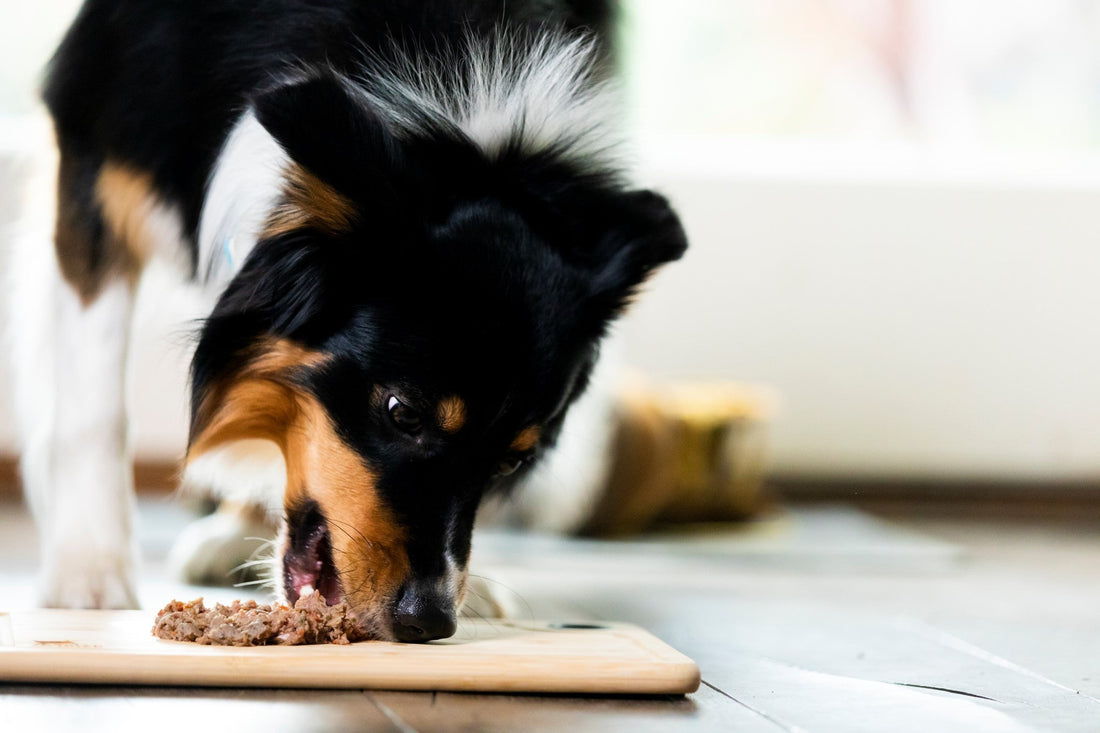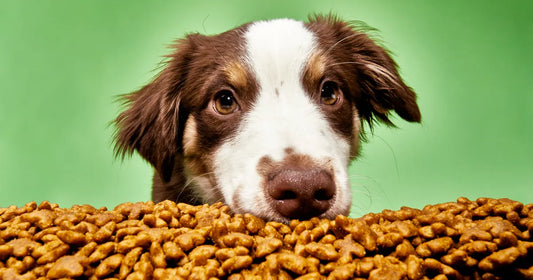
How to Feed Your Overweight Dog: Tips for Healthy Weight Loss
Helping your dog maintain a healthy weight is crucial for their overall health and longevity. An overweight dog is at a higher risk for joint issues, heart disease, and diabetes. By implementing proper feeding habits and adding supplements, you can help your dog lead a healthier life.
Key Feeding Tips for Weight Loss
1. Assess Your Dog’s Ideal Weight: Talk to your veterinarian to find out your dog’s target weight based on their breed, size, and age. This will give you a clear goal to work towards.
2. Choose Low-Calorie, High-Nutrient Food: Opt for dog food that is specifically designed for weight management. Look for options that contain high-quality protein, moderate fat, and added fiber to help your dog feel full.
3. Practice Portion Control: Carefully measure your dog’s meals using a measuring cup or scale. Follow the portion sizes recommended for weight loss and avoid leaving food out for them to graze on.
4. Feed Smaller, Frequent Meals: Split your dog’s daily food allowance into two or three smaller meals. This can help stabilize blood sugar levels and keep your dog feeling satisfied.
5. Avoid Table Scraps and High-Calorie Treats: Swap out calorie-heavy treats for healthier options like carrot sticks or apple slices (without seeds). Treats should account for no more than 10% of their daily caloric intake.
The Role of Supplements in Weight Management
Supplements can aid your dog's weight loss journey by meeting specific needs:
• Fiber Supplements: Incorporating fiber into your dog's diet helps them feel fuller for longer, which can reduce begging and prevent overeating.
• L-Carnitine: This amino acid promotes fat metabolism and helps preserve lean muscle mass during weight loss.
• Probiotics: A healthy gut enhances digestion and nutrient absorption, both of which are essential for effective weight management.
• Omega-3 Fatty Acids: Found in fish oil, omega-3s can help lower inflammation, boost joint health, and support overall metabolism.
Tips for Safe Weight Loss
1. Monitor Progress: Weigh your dog regularly to keep track of their progress and make necessary adjustments to their diet or exercise routine.
2. Incorporate Exercise: Pair dietary changes with increased physical activity. Daily walks, play sessions, or swimming can help burn calories and enhance fitness.
3. Be Patient: Aim for a gradual weight loss of about 1-2% of their body weight each week. Rapid weight loss can be detrimental.
4. Consult Your Veterinarian: Collaborate with your vet to ensure your dog's weight loss plan is both safe and effective.
A Healthier Future for Your Dog
Helping your dog achieve and maintain a healthy weight is an investment in their quality of life. By combining proper feeding, supplements, and regular exercise, you’re setting your furry friend on the path to a longer, happier, and more active life.

